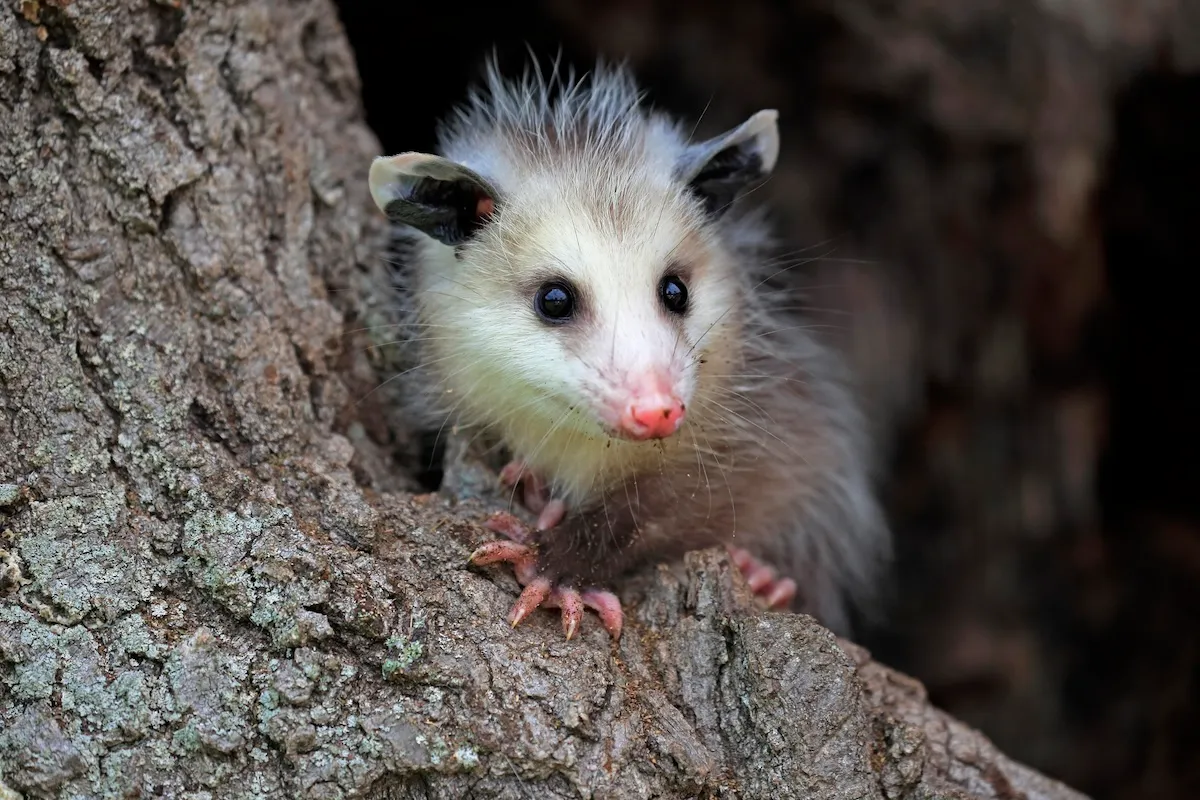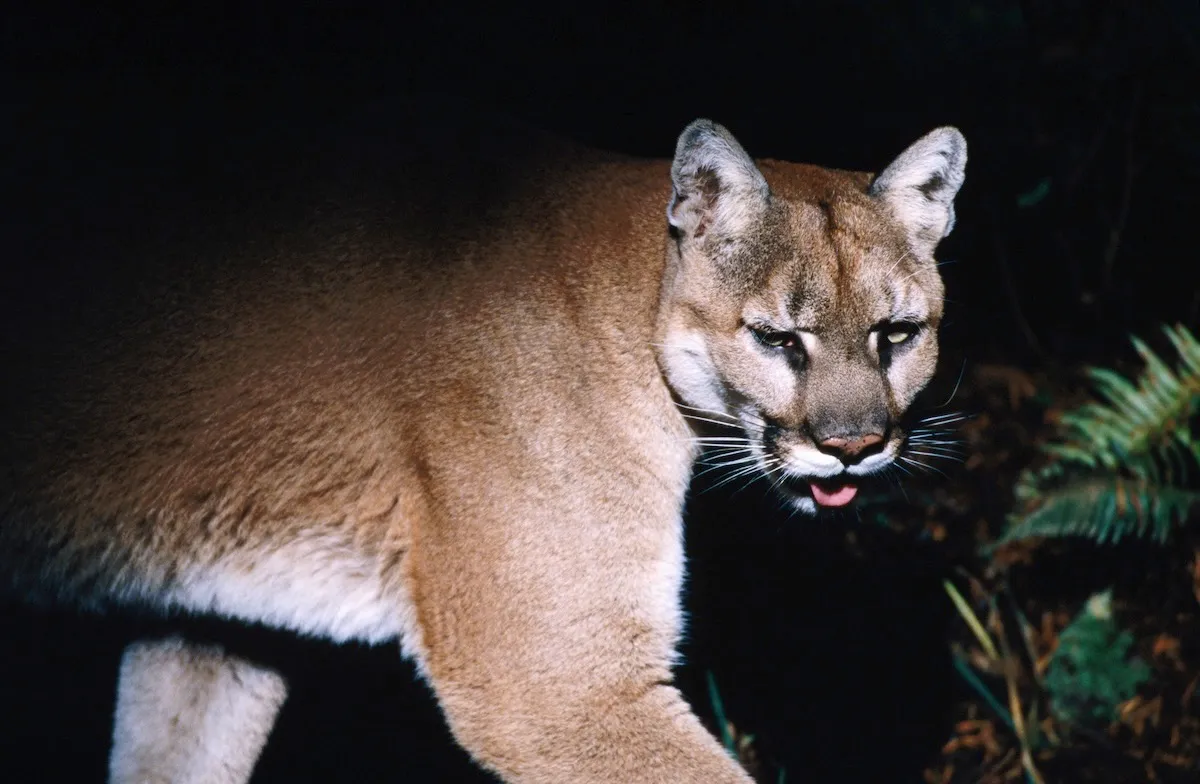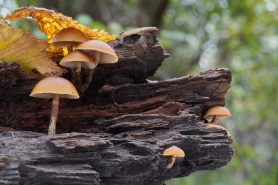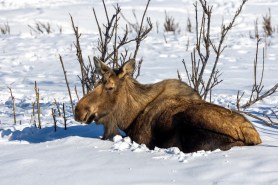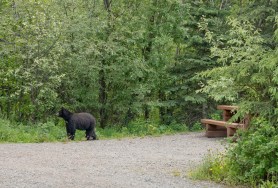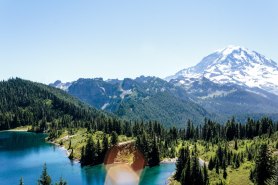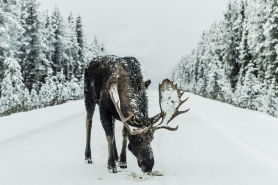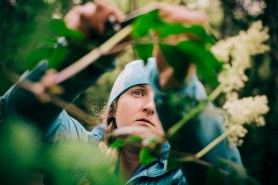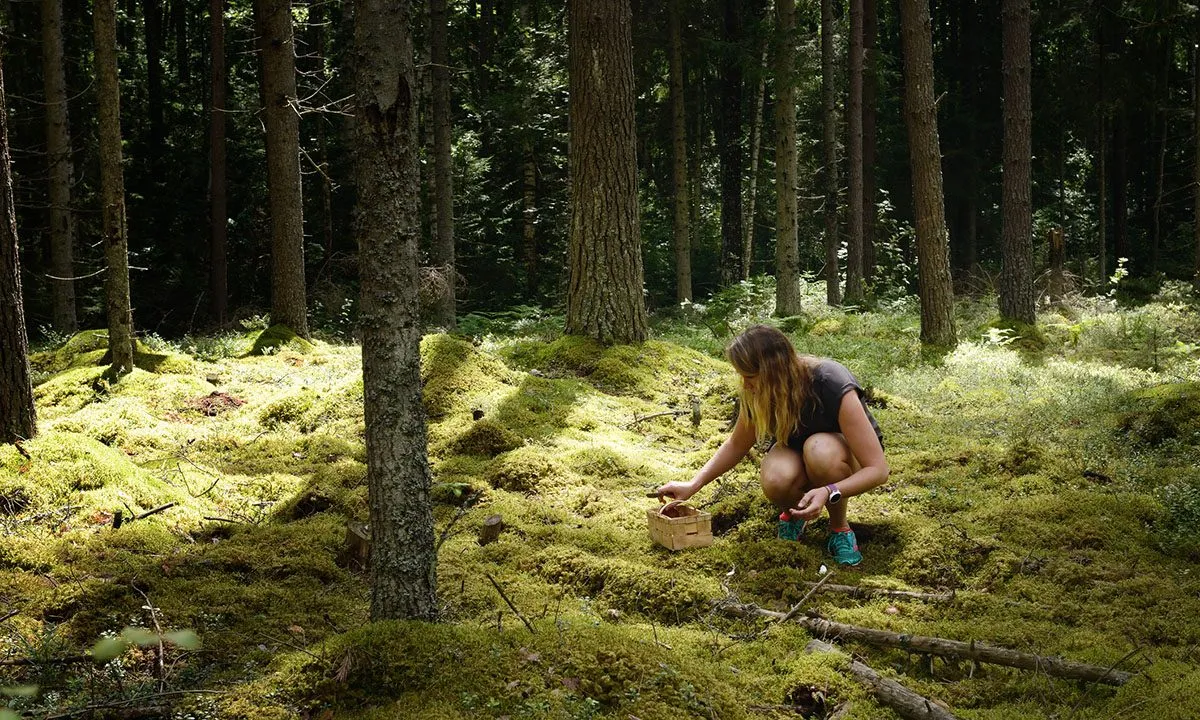

In modern society, it’s not uncommon to eat food out of plastic containers, and many of us choose processed snacks and restaurant meals over home-cooked meals. (We don’t blame you; we blame hustle culture.) The truth is, thanks to technology, we don’t typically rely on the simple tools hunters and gatherers once used to forage, and taking time to find our food before we eat it doesn’t usually make sense as part of our busy lifestyles. Unlike generations past, we don’t spend time growing and gathering our food—and it could be contributing to a decline in our overall health.
There is a global epidemic of obesity, a condition that’s nearly tripled since 1975, and obesity is closely linked to depression. In an era when we rely on machines to do things humans used to do manually, we are more sedentary than ever before.
Foraging—an ancient practice of gathering wild plants, fungi, and other edibles from the natural world—has been a significant activity for humanity throughout our history, but today, it’s a niche hobby. Relatively few individuals have chosen to embrace foraging as a “lifestyle,” reconnecting with ancient practices and taking a larger responsibility in the process of feeding their body and soul. Maybe this should change.
Videos by Outdoors
Why Did Humans Stop Foraging?
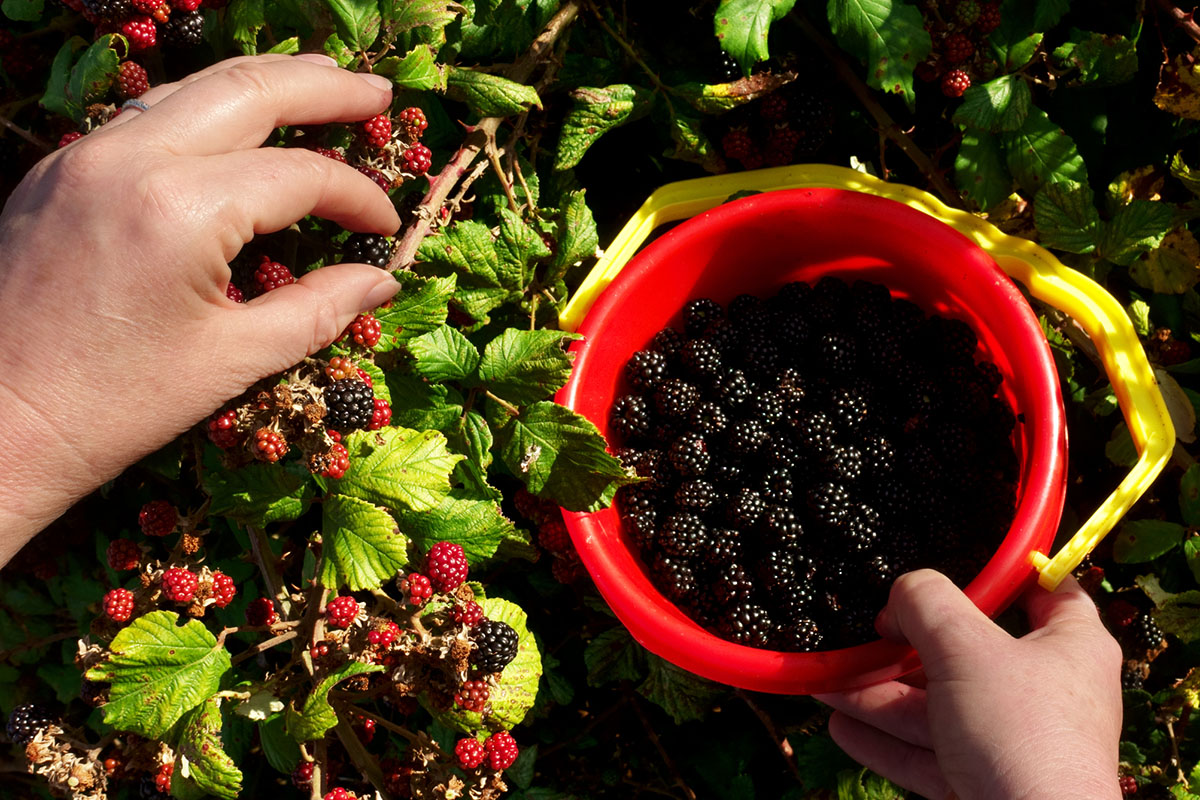
Prior to the emergence of agriculture, our early ancestors relied on hunting and gathering resources for sustenance. When agricultural practices were developed around 12,000 years ago, some groups abandoned hunter-gatherer practices to establish permanent settlements. With this Neolithic Revolution, hunter-gatherer culture evolved to provide for larger populations and agricultural practices became more prevalent. In providing for many, we lost a part of what it used to mean to be human.
Think of how easy it is to get strawberries or mushrooms from your local grocery store—that’s why foraging is a mere hobby today. Farming was hard to compete with, even back then when farming began to take hold in human settlements; it could provide 10-100 times more food at a time, which allowed settlements to grow into towns and towns to grow into cities. Fast forward to modern society, and we now prefer the convenience of buying food in bulk, which makes it much easier and faster to find and eat.
6 Key Benefits of Foraging
It’s hard to ignore the benefits of foraging, though, upon closer look. In our sterilized, dirt-free world, we may be missing out on something that was part of our ancestors’ everyday lives. Here are six key benefits of foraging for your own food.
- Dirt and Plants Make You Happy
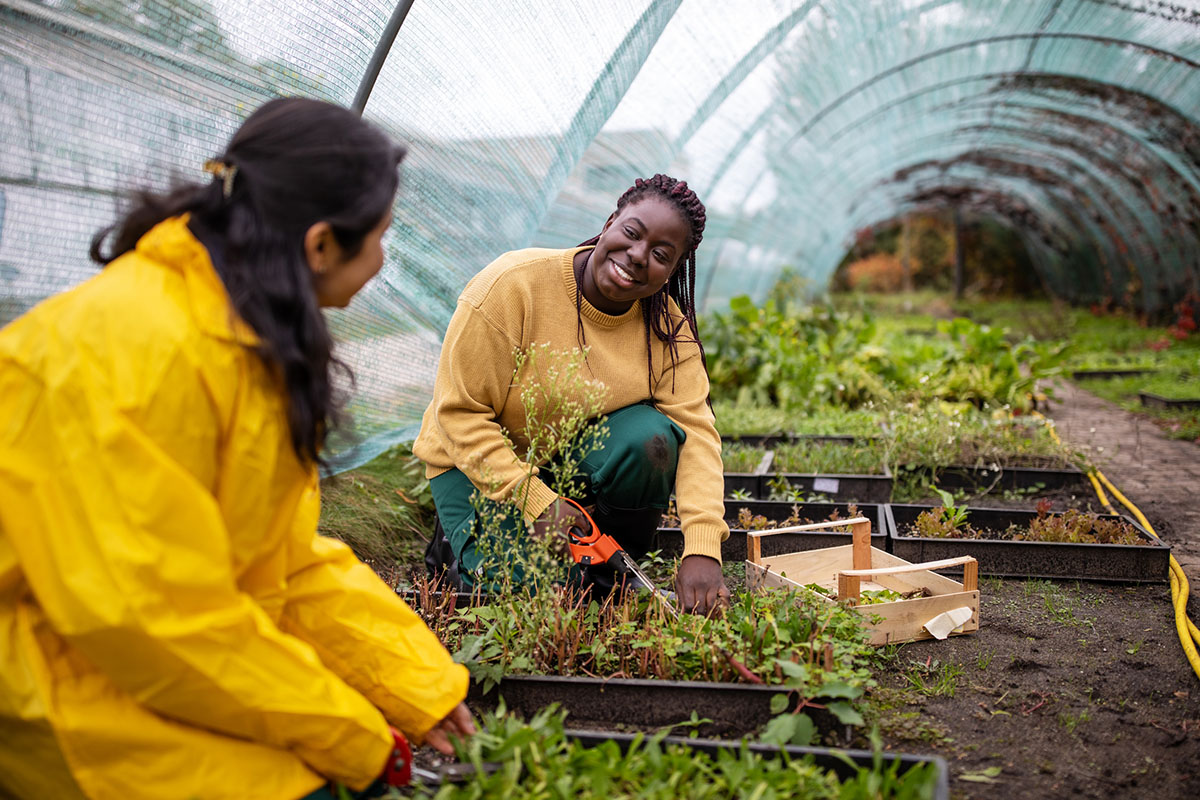
At the very basic level, getting your hands dirty in the garden can increase your serotonin levels. Foraging is not only fun but it could also improve your mental health. Contact with soil, specifically the bacteria Mycobacterium vaccae, triggers the release of serotonin in our brain, according to research. Serotonin is a neurotransmitter that helps with mood and sleep and strengthens the immune system. The psychological benefits of foraging include reduced stress and increased mindfulness, which can combat depression. Foraging can also increase your decision-making skills.
- You Get a Harvest High
If you’ve been foraging before, you may have felt that dopamine hit from holding a freshly picked plant in your hand. Then, you get the joy of eating it later. Why is that? Researchers hypothesize that this response evolved over nearly 200,000 years of hunting and gathering. When food was gathered or hunted, a flush of dopamine released in the reward center of the brain triggered a state of bliss or mild euphoria. The dopamine release can be triggered by seeing a fruit or berry, smelling it, and actually plucking the fruit. By foraging, you are tapping into your ancient history.
- It Makes You Healthier
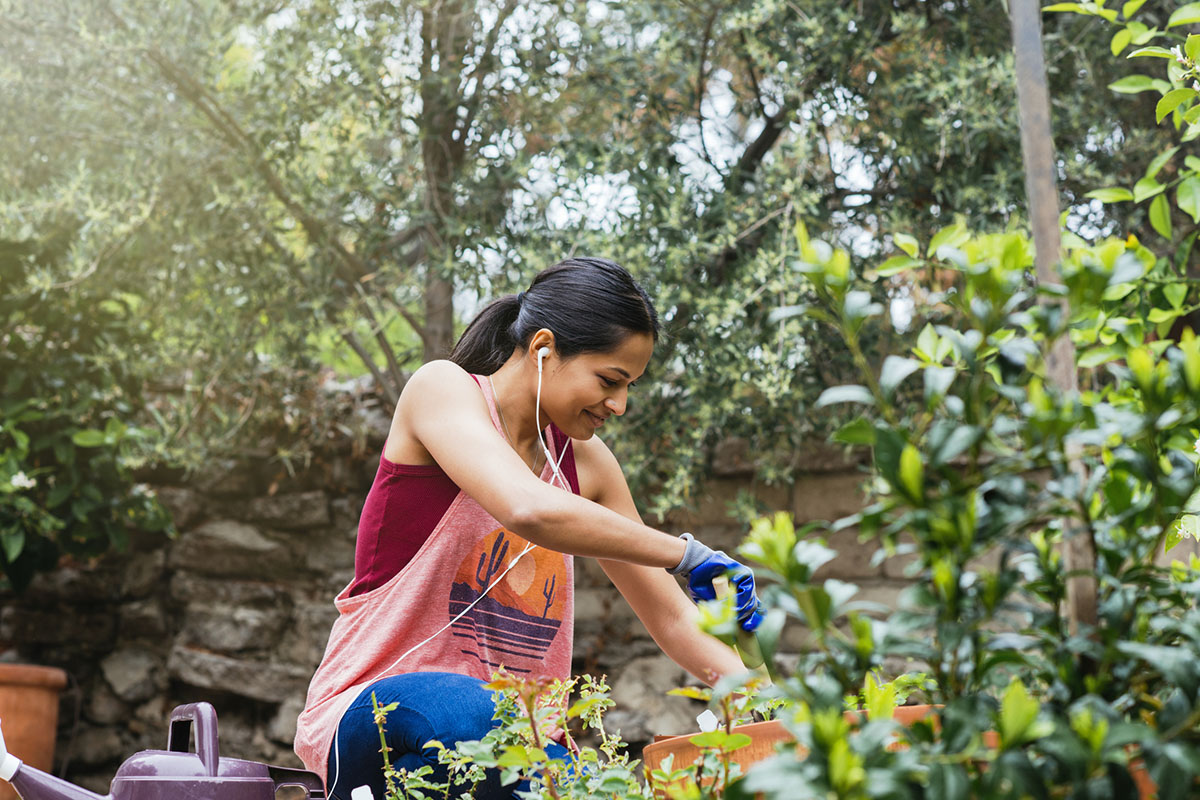
Eating seasonally means eating what grows in your area during a specific time of year, and this is important because it helps you avoid shipped, off-season foods that have lower nutrient levels. Foraged foods often contain higher nutrient levels than their commercially grown counterparts, and they are often rich in essential vitamins, minerals, and antioxidants. Foraging promotes dietary diversity and often leads to a more balanced and nutritious diet.
- You Can Avoid Chemicals
Chemicals used to mass-produce food can have harmful effects on the human body. Residues from glyphosate, a chemical present in the commonly used pesticide Roundup, can deplete your serotonin and dopamine levels and affect your nervous system. The U.S. is responsible for 19% of the estimated global use of glyphosate. Finding and eating wild food offers a much purer alternative.
- Physical Activity

By walking, rummaging, and digging, foraging encourages physical activity, which naturally improves your health and connects you to nature, allowing the stress of modern-day life to fade away.
Some mental-health problems are a result of our bodies producing adrenaline from stress. While adrenaline used to serve us by helping humans survive life-threatening situations, nowadays, it tends to just show up when we’re on deadline or doing some public speaking. Nature is grounding and can help us calm down, realize we are safe, and relax.
- Community
Given that it’s wise to learn foraging from an expert, this practice can help you engage with your local community. Foraging strengthens social bonds and cultural traditions and helps you appreciate your surroundings.
How to Start Foraging
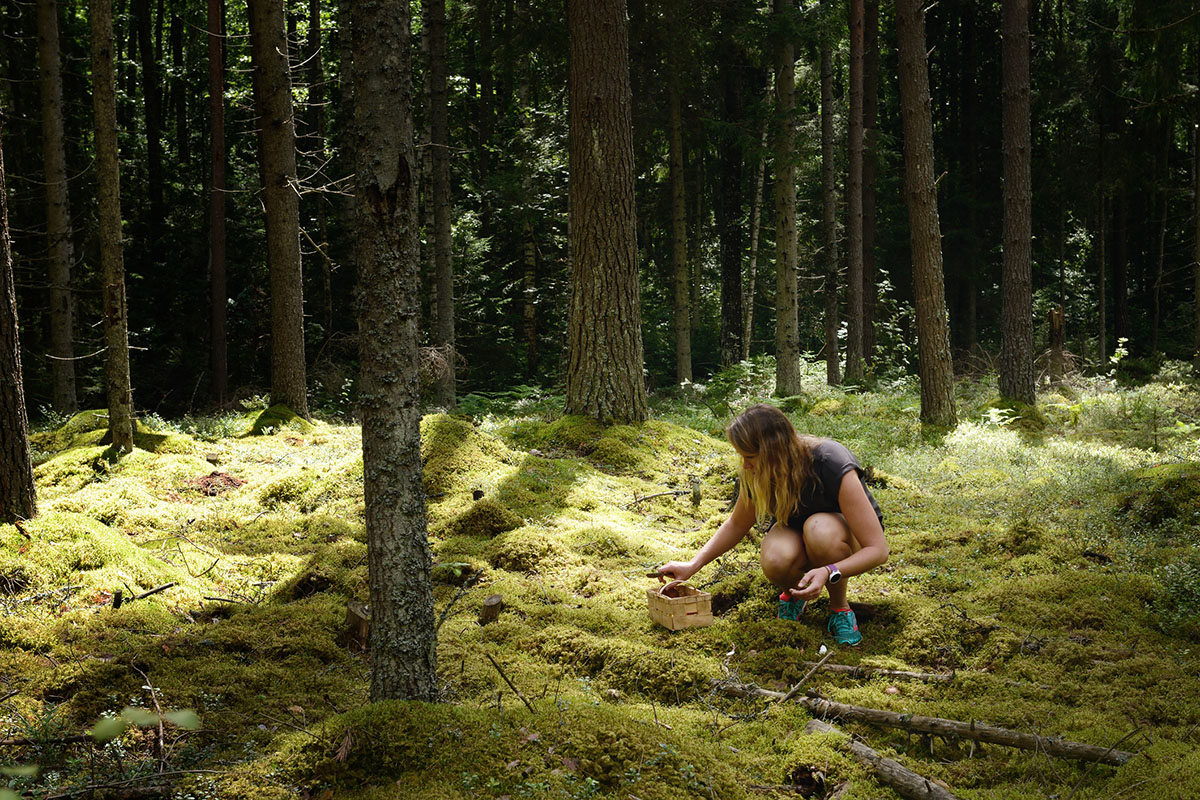
You can forage without deciding to stop going to the grocery store. Getting started is simple. You can take a class or simply take the long way home and start exploring your local wilderness areas, looking for plants everywhere you go.
Foraging offers the opportunity to be present, pay attention, and be patient as you search for food. It can be pretty easy to find fruit and mushrooms in the world around you, once you know where to look and what to look for.
Learn the edibility test, and don’t eat anything you aren’t sure about. Here are some ideas for getting started.
Gather on Your Commute
Choose to walk places and look for food items to forage along the way. Common plants you can forage include:
- Flowers
- Fruits
- Vegetables
- Leaves
- Seeds
- Pine cones
Collect Plants While Forest Bathing

A great way to forage is to wander in a forest. Shinrin-yoku is the Japanese art of forest bathing, which naturally happens as you forage surrounded by trees and wild plants. There are numerous studies on the benefits of forest bathing, and it is recognized and prescribed as a stress-management method in Japan.
Look up Local Flora
Buy a guide or resource on local flora, then find the locations where the plant you’re looking for typically grows. Then get outside and find it. When you do, you’ll be connecting to an ancient part of you that you may not have even known was there.
